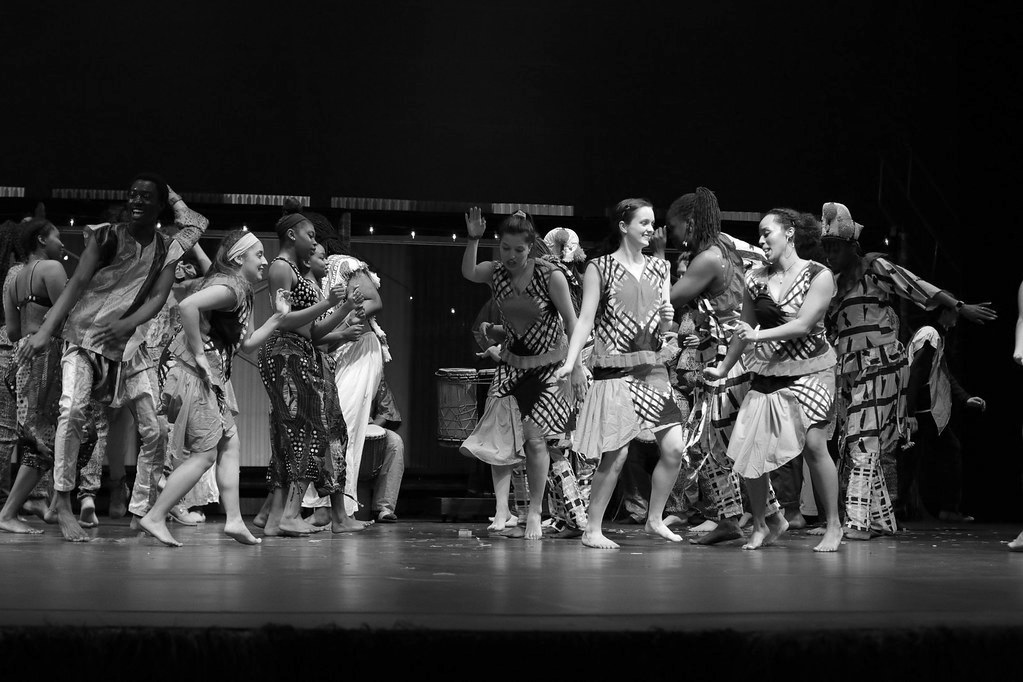In order to understand the events that unfolded Oct. 7, it is essential to understand the history between the Palestinian people and Israeli settlers. Following Hitler’s rise to power, more than 130,000 Jews arrived in Palestine for refuge from 1933 to 1936. In 1947, when Jews made up one-third of the population and owned six percent of the land in Palestine, the U.N. proposed a partition plan putting 56 percent of Palestinian land under Jewish statehood.
This plan left Palestinian Arabs who have lived there for generations deprived of crucial agricultural lands and ports, resulting in the Palestinians rejecting this proposal. By the end of 1947, the beginnings of the Israeli government had well-developed military forces, with the largest one, the Haganah, adopting Plan Dalet. This plan involved forcefully expelling Palestinians, resulting in the depopulation of over 500 towns, as well as the massacring of Palestinian people. Israeli officials argued for the need for a Jewish state, with Israeli Prime Minister David Ben-Gurion ordering the expulsion of Palestinian villagers who resisted against the Israeli government trying to occupy their land. In short, I believe this was the beginning of the ethnic cleansing of Palestinians to make room for the new state of Israel.
The Nakba coincided with the Arab–Israeli War in 1948. On May 15, 1948, the forced displacement of Palestinians by settler colonists marked the foundation of Israel. Palestinians were forced to leave their homes and their grandparents’ birthplace. The Nakba, meaning “catastrophe” in Arabic, marked the forced displacement of over 750,000 Palestinians. Today, we witness millions of Palestinians yet again forced out of their homes.
On Oct. 7, there was a tragic event where Hamas militants opened fire on and bombed hundreds of Israeli civilians during a music festival. Many were taken hostage as leverage against the Israeli government. It is crucial to recognize the impact of such an event, and Israelis should be given the space to process and grieve. However, Palestinians who have endured ongoing violence, occupation, and oppression at the hands of the Israeli state deserve the same empathy. Following the incident, Israel responded by restricting the approximately two million residents of the Gaza Strip’s access to food, fuel, electricity, water, and more. Prior to this event, they were even prohibited from collecting rainwater because it was deemed Israeli property. The response also included relentless bombing of Palestinians, with Israel claiming that they were trying to eliminate Hamas militants. With all of the evidence present, I believe that it is a front for them to continue to ethnically cleanse Palestinians.
We have seen Israeli officials openly admit to supporting the obliteration of the Palestinian people. According to a November New York Times article on rhetoric in Israel, the Israeli Agriculture Minister, Avi Dichter, was quoted in a TV interview saying that “We are now rolling out the Gaza nakba,” which suggests that the Israeli military campaign is explicitly acting to displace Palestinian civilians. Similarly, the Israeli Minister of National Security Itamar Ben-Gvir stated in a TV interview that anyone who supported Hamas should be “eliminated.”
Israel has occupied and oppressed Palestinians for 75 years, confining them to an open-air prison and subjecting them to day-to-day brutality. Palestinians live in inhumane conditions where the Israeli government monitors their every move. Around 30,000 people have been killed since Oct. 7, and this does not count the people who are still under the rubble. Israel has wiped out generations in a matter of five months, and for what purpose? While Zionist leaders deny evidence of Palestinian expulsion, the reality of Palestine today is evidence of the ethnic cleansing and obliteration of the Palestinian people. As people all over the world continue to call for a ceasefire, the main question we ask ourselves is: are the cries of the Palestinian people any different than the cries of the Israeli people? Palestinian people are not disposable; how many Palestinians have to die for the world to see that?



